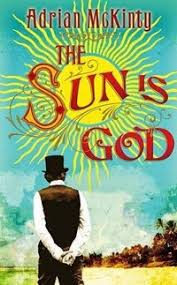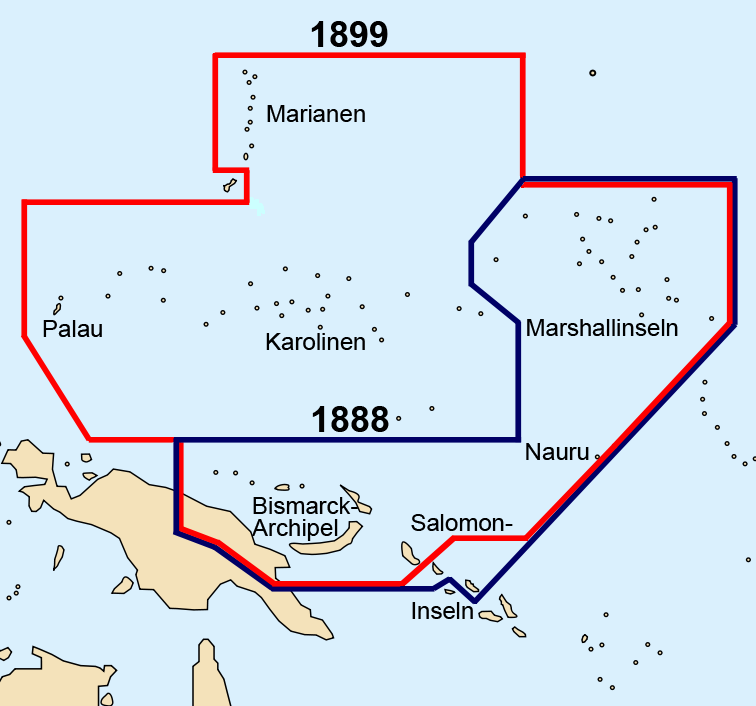Good Reads meta-data is 240 pages, rated 3.33 by 823 litizens.
Genre: krimi.
DNA: Kabakon.
Verdict: Oh hum.
Tagline: The coconuts did it.

Setting – German New Guinea in 1906, where a retired Brit has gone to hide from his troubles, but mercifully we are spared his backstory.
Sweltering in the heat and humidity, swatting a long list of insects, Brit ponders the fate that brought him to this malarial shore, when a local German colonial official pays him a call. Oh, oh, has Official come about the creative writing he did on his residency application. No, but on that self-same application Brit said he had served as a military police officer in the Red Coats. That fact was not one of his lies. Official would like Brit to investigate, unofficially, a recent death on the island of Kabakon.
After the de rigueur hesitations, Brit complies to set off in the company of a liberated woman travel writer, and a minor colonial administrator along as his minder. Delicacy is required because the island is owned by a wealthy woman, a planter, who bought it outright from the German authorities long ago, and so is private property. Ergo the Brit is a surrogate for the Germans. The European residents who live on it pay her a rent and mind their own business. It is one of them who has died in circumstances that are cloudy.
Once enisled things get even more delicate because the islanders are vegetarians and nudists. Most are German but not all. Brit sees much sunburn some of it where the sun does not usually shine and forests of mosquito bite pustules on their bare flesh. The manly features of several of the men are fully described though these details are unlikely to figure in the plot. The women are not scrutinised to the same detail by our shy narrator. Yet he had to be told of the drastic steps two of the men have taken to leave behind the temptations of the flesh. Maybe he needs new glasses.
The dozen or so Kabakons are sun worshippers who live on hot air and coconuts with the occasional banana. They be heliotarians, fruitarians, and breatharians. What a trifecta. They also endure the sledge hammer sun, the monsoon rains, and the devouring disease-carrying insects. Sado-masocists in short.
There is a lot of manners and mores between the clothed and the unclothed, Germans and Brits but little detecting. The few natives mentioned are ciphers. Indeed, there is so little detecting I was left unsure what there might have been to detect.
There is an abrupt change of narrator in last chapter or two that confused me.
***

I chose it for the exotic context of German colonialism. In the Pacific this empire included: German New Guinea, the Bismarck Archipelago, Solomon Islands, Nauru, the Mariana and Caroline Islands, and Samoa as well as concessions extorted from China, and some other rocks in the sea. (There were also more extensive holdings in Africa.) Kabakon is so singular it does not shed any ambient light on the other colonies.
I listened to it from Audible, which was sometimes inaudible on the street.

